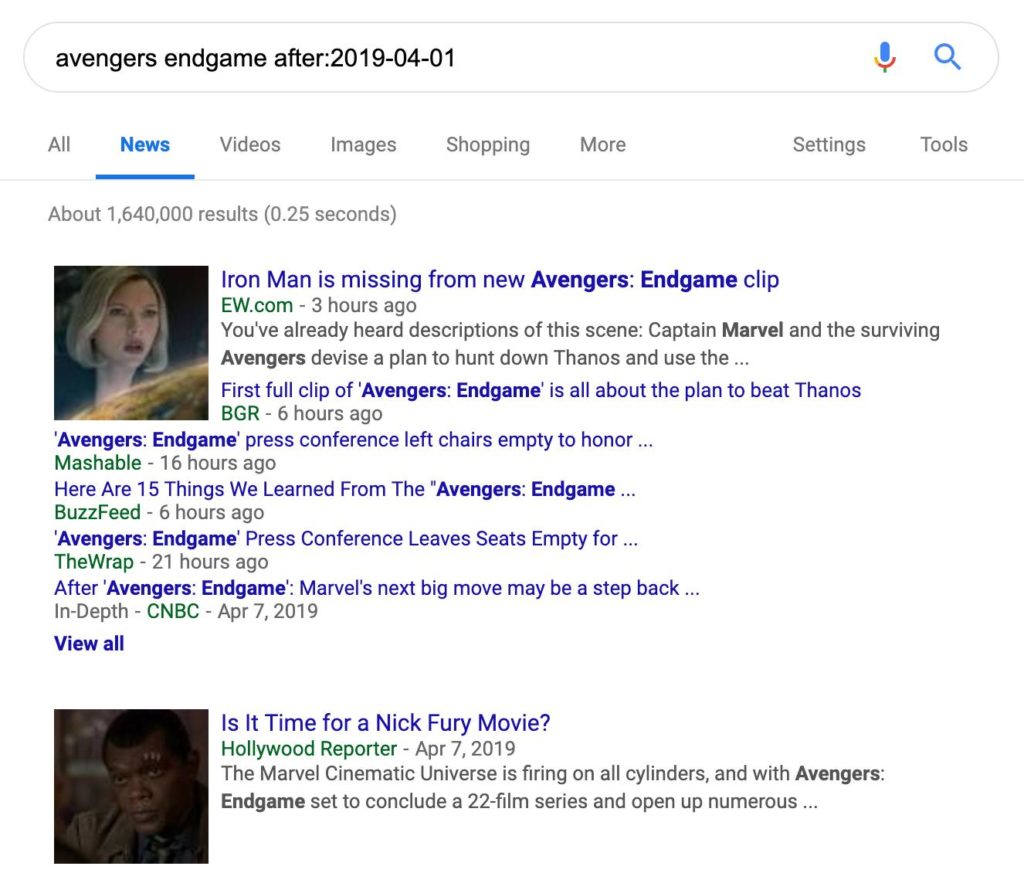Good Monday morning. It’s May 13th. Look for a highly publicized op-ed by Facebook co-founder Chris Hughes to continue attracting attention this week. Hughes is calling for a Facebook breakup…by the FTC. He also wants a new federal agency to be formed to regulate online industry. A video of the op-ed’s highlights is below.
Today’s Spotlight takes about 4 minutes to read.
1. News to Know Now
- Google Search and Maps will soon offer an incognito mode that blocks Google from receiving information about searches and locations you look for. That’s nice, but that information is still available to your Internet provider if you’re at home or on your phone or to your employer. Remember that anyone providing you Internet service can see what you access using that service.
- A coalition of privacy groups have filed an FTC complaint over Amazon’s privacy practices regarding the Echo Dot smart speaker for kids. Consumer Reports confirmed that parents could not delete information their children provided to the device. Read their excellent coverage.
2. Passwords, Facial Recognition & Privacy
One step closer to a world without passwords is what Microsoft Group Manager Yogesh Mehta wrote last week describing how Microsoft Windows 10 users can now use Windows Hello, a mobile phone, or security key when signing into sites and apps that previously required a password.
Plenty of computing devices accept biometric information instead of passwords. My phone and probably yours will unlock via iris recognition, face recognition or a fingerprint match. And I’ve set things up online to require a separate physical security key (mine is from Yubico—there are others) before accessing sensitive sites or apps.
A big problem with biometrics is that they exist as data throughout the digital world. That seems unsafe But it’s more secure than the same passwords researchers tell us keep showing up in data breaches. Cyber security researcher Troy Hunt says after each breach that he sees the “same old passwords” like 123456 and password. An index fingerprint match is much more secure for those people.
Journalist MacKenzie Fegan called attention to biometric data already being used in everyday transactions when she boarded a JetBlue flight by looking into a camera instead of her boarding pass scanned or her passport viewed. She engaged in a Twitter conversation with JetBlue where the company admitted that biometric data was sent by the federal government to a Customs and Border Protection database controlling access to the flight. Fegan didn’t separately consent to any of this, and as she wrote.

Digital privacy and security confounds experts too. ArsTechnica is reporting that a hacker collective with ties to the U.S. and Russia is selling source code and network access to three antivirus companies. The group published “strong evidence of the validity of its claims.” You’re likely not being individually targeted by an international hacker collective, but any organization or individual can be compromised when enough resources are arrayed against it.
3. Facebook (Video), Google (Audio) Ranking News
Following their individual developer conferences, Google and Facebook announced new algorithm guidance for anyone whose organization publishes information online.
Hailing “a step toward making audio a first-class citizen across Google“, the company announced that users could search for and play podcasts directly in Google Search. Google later agreed that it would be playing the audio file as uploaded by the podcaster without edits or excerpts.
Facebook, meanwhile, said that they will update algorithms to “further prioritize” original videos. They stressed past guidance such as successful videos that are at least three minutes long and average more than one minute of viewing. They also continue stressing the notion of original video.
You’ve undoubtedly seen purported videos on Facebook that are only still images with a tiny bit of motion or short videos that loops several times. Those are likely posted by people trying to game the algorithm, and Facebook promises swift retribution for pages and providers who do this.
4. Also in the Spotlight
- Streamer Roku announced blockbuster financial results. The company now has nearly 30 million accounts (!) with average-revenue-per-user (ARPU) of $19.06. Year-over-year account growth was 40% and gross profit was up 60%. Do not ignore Roku’s platform.
- Hertz sued Accenture for $32 million in website and mobile app development fees. Ever had a tech project get out of hand? So did Hertz, and it’s a scary object lesson. Read the mind-boggling story at The Register.
- Facebook is tightening up ad policies for financial services, specifically blockchain, cryptocurrency, and contracts-for-difference devices. (Search Engine Journal)
5. Great Data
Creating reports about topical trends that include scientific data is tough because the presentation, not the footnotes, should convey the data. Data visualization specialist Lindsay Betzendahl created a nifty infographic that makes sense out of the current measles crisis related to vaccinations.
She managed to incorporate definitions and facts in an engaging way next to trends and a timeline. It’s a great piece of work that helps explain the situation in today’s news and provides important context.
See The Comeback of a Supposedly Eradicated Virus
6. Coffee Break
One of the winners being honored at today’s Webby Awards are the creators of Below the Surface. A ten year metro line project in Amsterdam allowed archaeologists to excavate the River Amstel. They cataloged and then displayed online more than 700,000 items. Some were decades old and some were centuries old.


